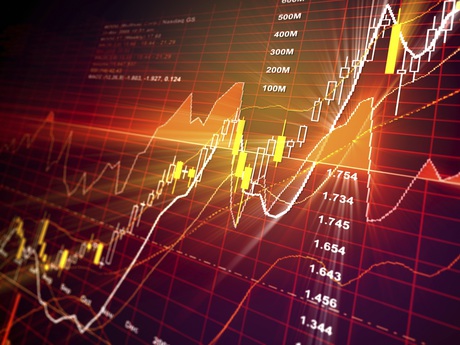Hormonal traders make risky decisions

It’s no secret that stockbrokers operate in stressful environments, so what happens when these environments affect their hormone levels? A new study has found that the state of a trader’s body chemistry can impact the stock market just as much as the state of the economy.
The study, led by researchers from the University of Alicante, Imperial College of London and the University of Cambridge, responded to research suggesting the endogenous hormones cortisol and testosterone may critically influence a trader’s financial decision-making. Cortisol is elevated in response to physical or psychological stress, preparing the body for a fight-or-flight response, while testosterone rises before competitive situations.
The scientists simulated the trading floor by having 142 volunteers, male and female, play an asset-trading game in groups of around 10. Those who had naturally higher levels of cortisol were more likely to take risks, and high levels in the group were associated with instability in prices. In a follow-up experiment, 75 young men were given either cortisol, testosterone or a placebo before playing the game.
“We found that both cortisol and testosterone shifted investment towards riskier assets,” the study authors revealed in the journal Scientific Reports. “Cortisol appears to affect risk preferences directly, whereas testosterone operates by inducing increased optimism about future price changes.”
The researchers believe the stressful environment of financial markets may promote high levels of cortisol and testosterone in traders. Co-author Dr Ed Roberts, from Imperial College London, said, “It would be interesting to measure traders’ hormone levels in the real world, and also to see what the longer term effects might be.”
Co-author Dr Carlos Cueva, from the University of Alicante, said that “hormonal changes can help us understand traders’ behaviour, particularly during periods of financial instability”. Dr Roberts added that by understanding what these hormones do, researchers can “look at the environment in which traders work and think about whether it’s too stressful or too competitive”.
Solar-powered reactor uses CO2 to make sustainable fuel
Researchers have developed a reactor that pulls carbon dioxide directly from the air and converts...
Scientists simulate the effects of an asteroid collision
How would our planet physically react to a future asteroid strike? Researchers simulated an...
2024 was warmest year on record, 1.55°C above pre-industrial level
The World Meteorological Organization says that 2024 was the warmest year on record, according to...




